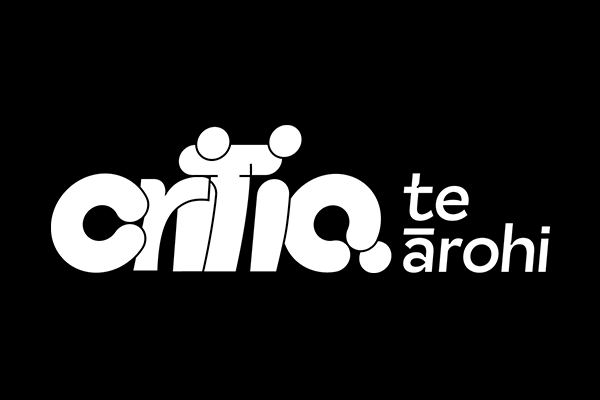Patient fees at the Dental School now cost a flat rate of $120 per session, or $90 with a Community Services Card. The Dental School announced this change with the explanation that it will ensure their financial sustainability without sacrificing their level of care.
Previously, fees changed depending on the nature of work being done. This change means a single appointment to fill a cavity costs the same as a single appointment as part of a root canal treatment. The appointment-based approach “is simpler for everyone to understand and apply”, according to the School’s announcement, and “will result in a better overall experience for our patients, and the staff and students who treat them.”
Some students were stoked, noting that expensive treatments just got a lot cheaper. But the majority seemed to be more than a bit frustrated. Iain told us that after his dental work was interrupted last year, he returned to the clinic for some cavity fillings. “I asked what each cavity filling would have cost last year,” he said. “Approximately $52.” Now, that same operation will cost him $90, assuming it could be completed in one sitting. “I was told I require five sessions,” said Iain. So, what would’ve cost him below $300 last year will now cost him $450. “In Dunedin, we were extremely fortunate to be able to trade being a guinea pig/cadaver/learning case for affordable dental care, but that is no longer true,” said Iain.
The 90-minute appointments all cost either $90 or $120, and according to the School’s announcement “the number of appointment fees… will be capped to ensure you are not disadvantaged, and reflect that we are a teaching hospital.” This is regardless of how many appointments are necessary to complete the work. Professor Paul Cooper, Faculty of Dentistry Dean, clarified that “the Faculty of Dentistry is not aiming to make profit from this new fee structure.” The Community Services Card benefit is entirely new, said Paul.
The announcement further detailed that, “If you are an existing patient of a postgraduate student or a specialist clinician, the new fee structure does not impact you.” But it seems to have impacted Iain. Because his dental work was interrupted right as he transitioned from an undergraduate student to a postgraduate student, he may not be eligible for the fee change exemption; undergraduate students’ patients are exempt from this exemption. What a mouthful.
Paul again stated that, despite the changes, they “provide a significantly lower treatment cost” than private practice since “the majority of the care is provided by students who are being trained.” And while this means it may take a bit longer, it’s still cheaper than private practice. Cheaper rates attract more patients, which gives dental students more opportunities to practise their craft.







